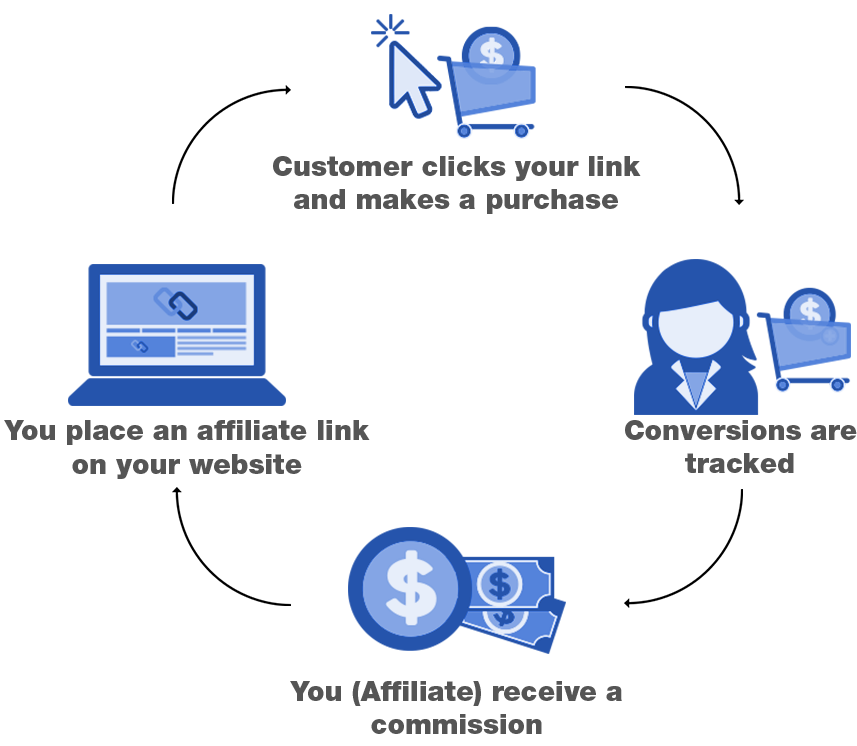Affiliates management

Affiliate management is beneficial for several reasons:
1. Increased Revenue:
By establishing an affiliate program, businesses can tap into a wider audience base through the efforts of affiliates. This can lead to increased sales and revenue as affiliates promote products or services to their own networks.
2. Cost-Effective Marketing:
Instead of investing heavily in traditional advertising channels, affiliate marketing operates on a performance-based model. Advertisers only pay commissions when a desired action, such as a sale or lead generation, is achieved. This makes it a cost-effective marketing strategy.
3. Expanded Reach:
Affiliates come from diverse backgrounds and niches, allowing businesses to reach audiences they might not have accessed otherwise. Affiliates often have loyal followers or subscribers who trust their recommendations, making them effective promoters.
4. Improved SEO:
Affiliate marketing can contribute to better search engine optimization (SEO) through the generation of backlinks from affiliate websites. These backlinks can enhance a company's online presence and authority, potentially improving its search engine rankings.
5. Performance Tracking:
Affiliate management platforms provide tools to track the performance of affiliate campaigns in real-time. This allows businesses to monitor key metrics such as clicks, conversions, and ROI, enabling them to optimize their strategies for better results.
6. Low Risk:
Since affiliate marketing operates on a pay-for-performance basis, businesses have minimal financial risk compared to traditional advertising methods. They only pay commissions when desired outcomes are achieved, such as sales or leads.
